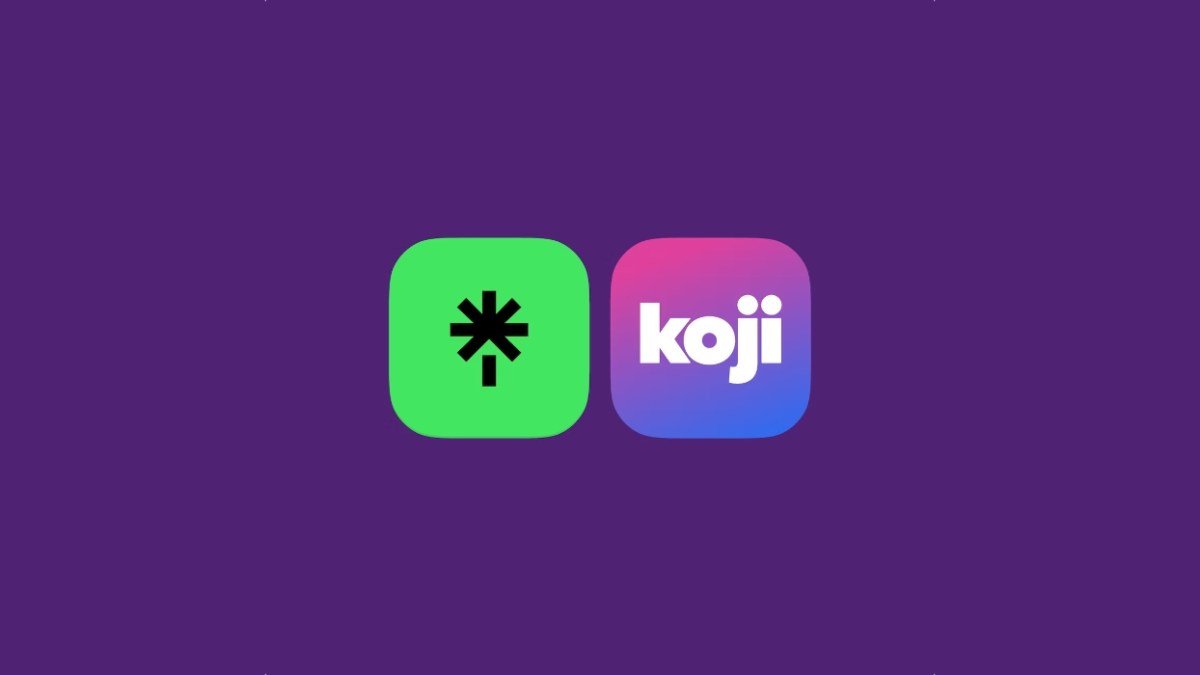Australia-based link-in-bio platform Linktree announced today that it has acquired competitor Koji from its parent company GoMeta for an undisclosed amount.
Linktree revealed that Koji’s link-in-bio product will be discontinued on January 31, 2024. However, they are offering Koji users a three-month trial of the Linktree Pro plan. It is uncertain if Linktree will provide any tools for creators to migrate their Koji data.
“We’re thrilled to welcome Koji users to the Linktree community and are excited to continue to innovate on the category we created. We’ll continue to work closely with our Linkers — and new Linkers coming from Koji — to meet their needs and evolve the link-in-bio category as we build the most impactful platform for anyone looking to consolidate, grow and monetize their audience online,” Linktree said in a statement.
The company did not specify if Koji’s team will be joining Linktree.
GoMeta was founded in 2016 by Dmitry Shapiro, Sean Thielen, and Jonathan Miller. In March 2021, the company launched Koji as a link-in-bio platform and raised $16 million through its parent entity. In a previous iteration, Koji allowed non-technical developers to create “mini apps on the web,” which were later turned into templates on the link-in-bio platform. The Australian startup has not disclosed if it plans to incorporate these features into its own platform.
This marks Linktree’s second acquisition in the link-in-bio space this year. In June, the company acquired Bento, a link-in-bio startup backed by Sequoia. As part of the deal, the entire Bento team joined Linktree. Currently, Bento’s product is still in use and Linktree has not made any comments on the future of the acquired product.
Linktree, which has accumulated over $165 million in funding to date, boasts 41 million users globally. This year, the company has introduced new integrations with social networks such as Threads and Snapchat. They have also added new monetization options, including the “Buy me a gift” feature. Furthermore, Linktree has partnered with SendOwl to make it easier for creators to sell audiobooks, videos, images, software, memberships, exclusive events, and courses.









[…] blue bubble texts to Android users. Now, Apple is again targeting Beeper’s users, the company claims in a post on X, by “deliberately blocking iMessages from being delivered to ~5% of Beeper […]